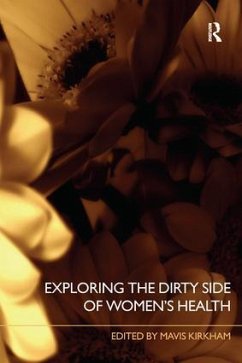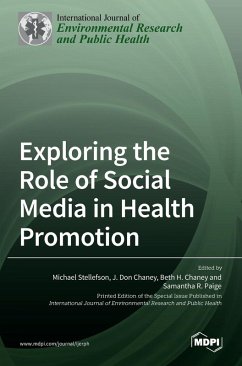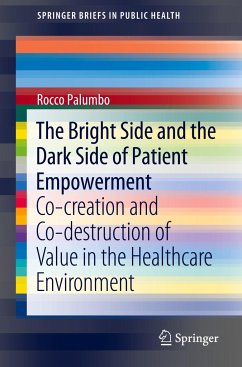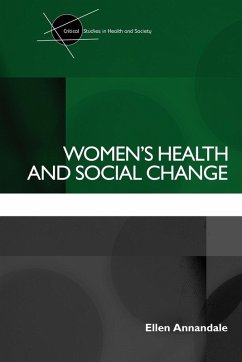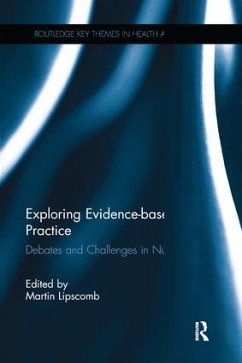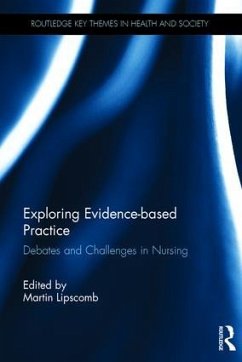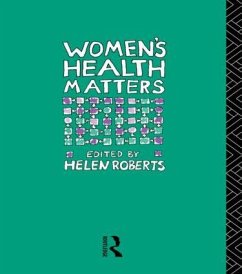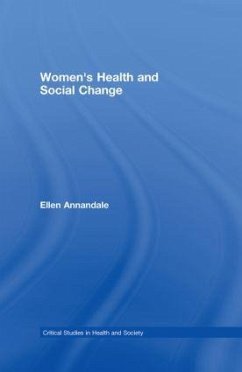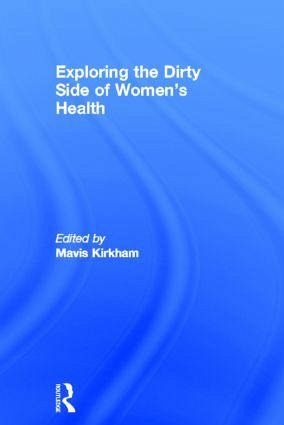
Exploring the Dirty Side of Women's Health
Versandkostenfrei!
Versandfertig in 1-2 Wochen
169,99 €
inkl. MwSt.
Weitere Ausgaben:

PAYBACK Punkte
85 °P sammeln!
Using the concept of pollution, this book highlights how women and health issues are categorised, and health workers and women are confined to roles and places defined as socially appropriate. It explores practices, such as childbirth and midwifery, social practices around breastfeeding, miscarriages and termination of pregnancy, and more.
A team of international contributors give new insights into the key issues surrounding women's health, social anthropology and midwifery. They examine bodies, leakage and boundaries, illuminating the contradictions and dilemmas in women's healthcare.




